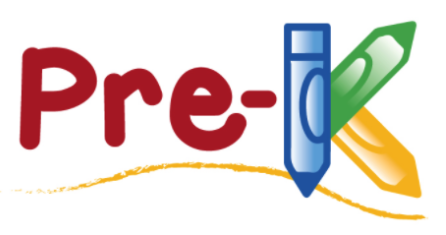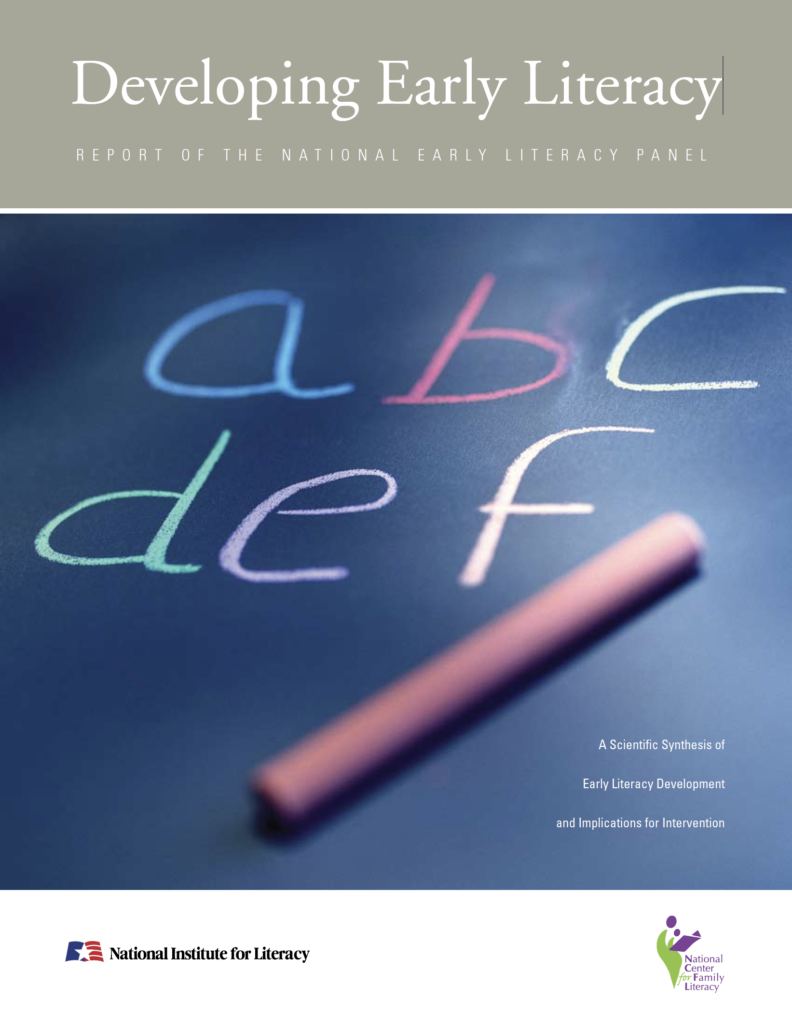Pre-K Literacy Instruction

Keys to Literacy recently introduced a new professional development program titled Keys to Emergent Literacy for Pre-K educators which caused me to review resources related to preschool literacy instruction. A short piece in Psychology Today titled “5 Science-Based Tips for Promoting Literacy in Preschool” (Gentry, 2020) reminded me of the importance of providing developmentally appropriate and research-based literacy instruction to preschoolers.
The article recommends the following science-based tips:
- Science says to build your child’s oral language: Building a large preschool vocabulary is an important early step on the pathway to literacy, before the child begins reading words. Read aloud offers an excellent opportunity to provide exposure to rich language experiences and engage in fun activities to build language as part of a daily routine.
- Science says to use the “Own Name Effect”: Teaching preschoolers to read and write their own first name is a research-based learning activity for promoting literacy. Children have a proclivity for learning to read and write their own names and high-frequency words such as Mom and Dad.
- Science says teach the alphabet early: There are several alphabet learning effects. It’s easier for preschoolers to learn letters that sound like the letter name (e.g., the sound /b/ and the letter b), and the beginning or end of the alphabet are generally learned more quickly and easily than middle-of-the-alphabet letters.
- Science says engage preschoolers with the sounds in words (phonemic awareness): The ability to identify, blend, segment, and manipulate the sounds in words is important for learning to read. Engaging activities for developing phonemic awareness should be integrated on a regular basis.
- Science says to start early: Many pre-reading skills are easier to learn in the preschool years. For example, young children learn the letter names and sounds of consonants easier when they are mastered earlier in the children’s oral language development.
The Keys to Emergent Literacy PD totals 16 hours and is organized into four modules (4 hours each) that are aligned to preschool literacy research: 1) Print Knowledge, 2) Phonological Awareness, 3) Vocabulary, 4) Oral Language.

Despite being 10 years old, the report of the National Early Literacy Panel (2009) titled Developing Early Literacy offers more detailed recommendations for preschool literacy activities based on a meta-analysis of research. The authors determined that there are six variables that are highly correlated with later literacy, particularly literacy acquisition in primary grades:
- alphabet knowledge: knowledge of the names and sounds associated with printed letters
- phonological awareness: the ability to detect, manipulate, or analyze the auditory aspects of spoken language, independent of meaning (including the ability to distinguish or segment words, syllables, or phonemes).
- rapid automatic naming (RAN): the ability to rapidly name a sequence of random letters or digits
- writing or writing name: the ability to write letters in isolation on request or to write one’s own name
- phonological memory: the ability to remember spoken information for a short period of time
In addition, five early literacy skills were also moderately correlated with later literacy achievement, including teaching
- concepts of print: knowledge of print conventions (left-right, front-back) and concepts (book cover, author, text)
- print knowledge: a combination of alphabet knowledge, concepts of print and early decoding
- reading readiness: a combination of alphabetic knowledge, concepts of print, vocabulary, memory, and phonological awareness
- oral language: the ability to produce or comprehend spoken language, including vocabulary and grammar
- visual processing: the ability to match or discriminate visually presented symbols
Here are some additional resources with instructional suggestions that support preschool, emergent literacy:
- Play-Based Activities That Build Reading Readiness (Edutopia article, Morin, 2021)
- A collection of practice guides available from the Center for Early Literacy Learning
- A collection of resources for preschool dual language learners available from the Head Start Childhood Learning and Knowledge Center
- What Effective PreK Literacy Instruction Looks Like (2018) available from the International Literacy Association
- Examples of State Standards for PreK: New York State Prekindergarten Foundation for the Common Core; Massachusetts Pre-Kindergarten Standards

 Joan Sedita is the founder of Keys to Literacy and author of the Keys to Literacy professional development programs. She is an experienced educator, nationally recognized speaker and teacher trainer. She has worked for over 35 years in the literacy education field and has presented to thousands of teachers and related professionals at schools, colleges, clinics, and professional conferences.
Joan Sedita is the founder of Keys to Literacy and author of the Keys to Literacy professional development programs. She is an experienced educator, nationally recognized speaker and teacher trainer. She has worked for over 35 years in the literacy education field and has presented to thousands of teachers and related professionals at schools, colleges, clinics, and professional conferences.
Share Your Thoughts on Preschool Learning!
We’d love to hear your experiences and ideas about preschool education.
I am looking for the preK couse to add PreK Alaska Reads to my teaching liscencure.
Will a self paced pre K literacy be offered?